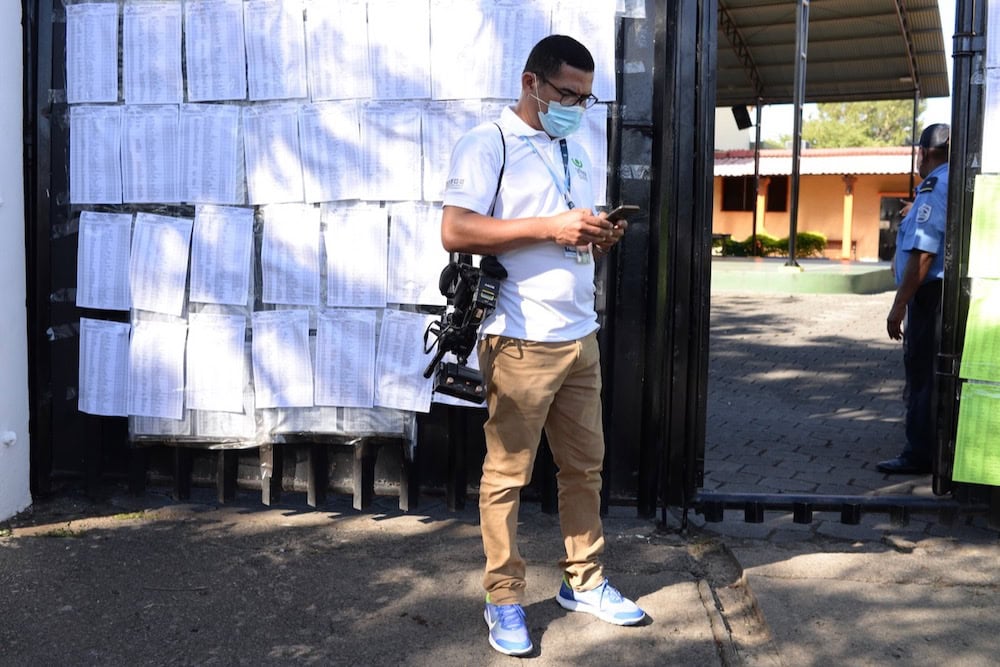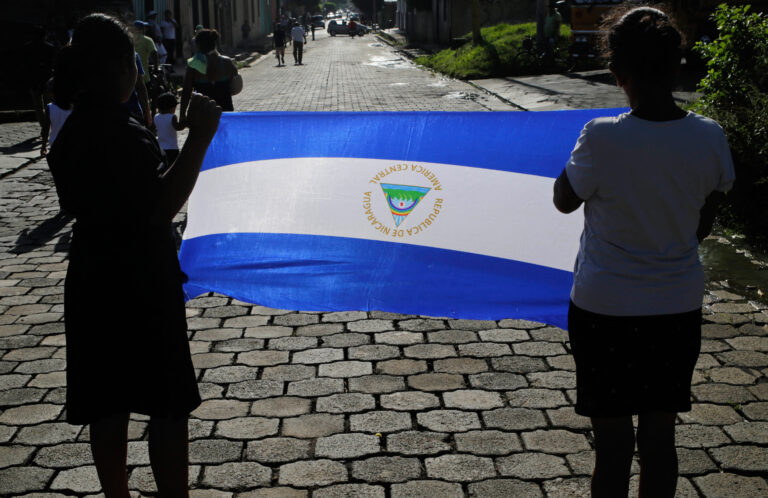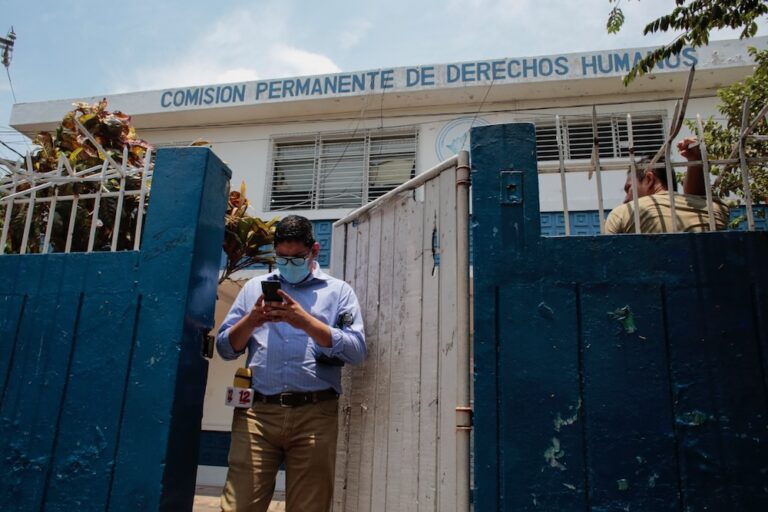The disappearance of a journalist in Nicaragua highlights the siege imposed by Ortega's government and the critical situation facing independent journalism in the country.
This statement was originally published on rsf.org on 26 July 2024.
- On 12 July, police raided the home of journalist Fabiola Tercero Castro. The journalist and her family have been missing ever since.
- Castro’s disappearance comes amid a new wave of repression against the Nicaraguan press.
- Reporters Without Borders (RSF) urges the authorities to end their persecution of journalists and to provide an explanation for Castro’s disappearance.
On 12 July 2024, seven police officers raided the home of Nicaraguan journalist and activist Fabiola Tercero Castro, who lives in the capital, Managua. Castro’s computer and other work equipment were seized, and there has been no news of Castro or her family’s whereabouts since the raid. Although Castro was not facing formal charges, she had been subjected to restrictive measures such as house arrest and mandatory daily reports to a police station. According to RSF’s information, the journalist may be in state detention, although there is no official information confirming this theory.
According to RSF’s sources on the ground, President Daniel Ortega’s regime has intensified its repression against the few independent journalists remaining in the country. The police now search the homes of these journalists with no warrants or explanations, and interrogate them about their colleagues, their current work, and their previous jobs in independent media outlets. The journalists’ cell phones are also searched, and the electronic devices of all occupants in the home are confiscated. The police then order the journalists to report to them daily, either via a phone call or a visit to the nearest police station.
“The reports coming in from Nicaraguan journalists are heartbreaking, and could best be described as a horror movie. Ortega’s siege continues to close in on what is left of journalism in the country, after more than six years of repressive actions against the press that have driven hundreds of journalists into exile. In addition to alerts against persecution, permanent surveillance and arbitrary detentions, RSF is now vigilant against forced disappearances. We call on the government to explain itself concerning the case of Fabiola Tercero, and to put an end to this rampant censorship.”
Artur Romeu, Director of RSF’s Latin America bureau
In recent years, the state has used a multitude of tactics to silence the press, from purchasing media outlets, closing local media and reducing state advertising to physical attacks, public speeches stigmatizing the press and arbitrary detentions. In April 2023, journalist Victor Ticay, a reporter for the TV station Canal 10, was arbitrarily arrested and sentenced to 8 years in prison for covering a religious event. The government has even gone so far as to prohibit Nicaraguan journalists from re-entering their own country, as in the case Kimberly León, director of La Costeñísima radio, who was prevented from entering the country by the Directorate General for Migration and Foreigners (DGME) after a family trip to the United States.
Ortega’s government has become so hostile to independent media that at least 263 Nicaraguan journalists have been banished from their country or fled for fear of their safety since April 2018, when the crackdown escalated, according to statistics from the Foundation for Freedom of Expression and Democracy (FLED).
Nicaragua is ranked 163th out of 180 countries in RSF’s 2024 World Press Freedom Index.



